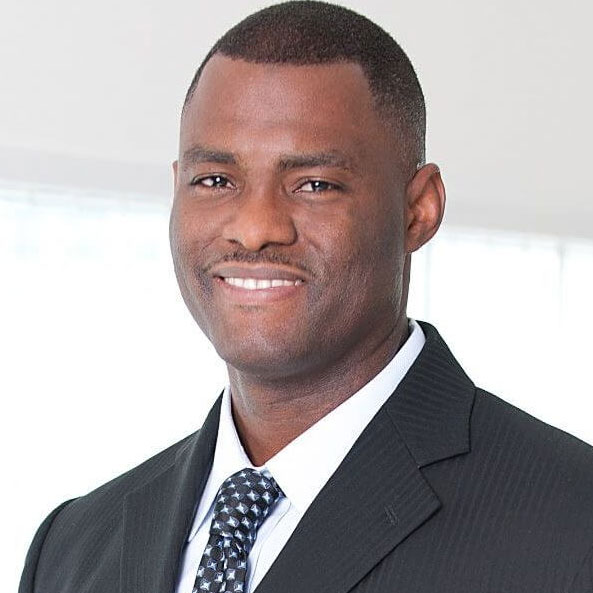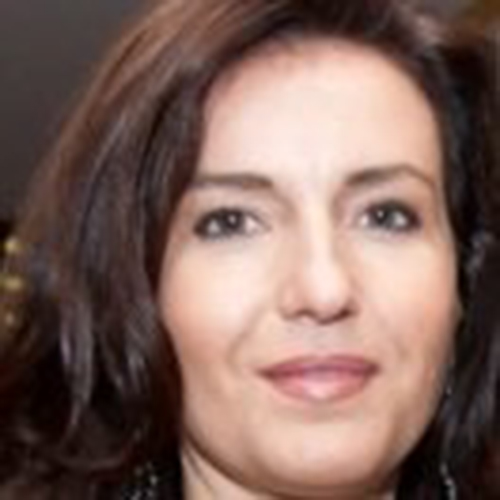
Markenzy Lapointe
“My story is common in its own way and unique in others. As a Haitian-American who came here as a teenager without any English in the mid-1980s, I’m proud to call Miami/South Florida my home. The early journey involved a host of typical “immigrant” jobs, the types that many others don’t want to do, from the time I got here and through my first couple years in college. Throughout that journey, I always had hope and believed in the American spirit, which involves, on one hand, hard work and, on the other, a constant aim to participate in this American experiment and to strive and fight to maintain that experiment and make it better for all. Like I said, common and unique.
I’m deeply grateful to this country and the tremendous opportunities it has provided me. I couldn’t have imagined my life would have turned out the way it did when I got here and began my life in Liberty City back then. To whom much is given, much is expected. Serving my community at different levels is part of that expected giving, and serving on AIJ’s board is part of that community service. We all have a responsibility to maintain what’s good about this place, particularly those who have so benefited from it, and to work to improve on the things it is short on, and serving is one way to be part of that work.”

Ilaria Pezzatini
“I am an Italian-American. I came to the US in 1991, on a vacation trip with my family. My father encouraged me to find out about transferring to the University of Miami to finish my studies; he knew this Country could offer many more opportunities than my Country of origin, Italy. He was right! After completing my undergraduate studies at UM, I was immediately offered a job in the financial industry. I requested a temporary ‘practical training’ working permit and then my employer sponsored me for a H1-B Visa and then permanent residency. I became a US Citizen in 2009 and count my blessings every day.
Even though I came to the US as a ‘privileged’ immigrant, having had strong financial support from my family to be able to afford my education and housing until I could earn a living on my own, I have experienced discrimination and bias. I still do, as an American, when my name, accent or place of birth reveal my origins. Years ago, I sat thru a presentation from AI Justice and I felt a deep connection to the Organization, as tears almost spilled from my eyes listening to the horrific stories of those less privileged than me. As soon as the presentation was over, I reached out to Cheryl Little and I asked, ‘What can I do to help?’ It was a great privilege for me to have been asked to join the Board a few months later.”
